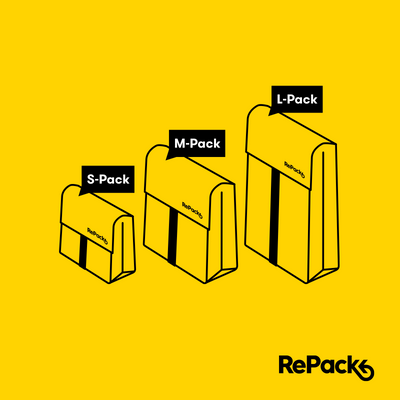
Afterglow manufactures sustainable gym, sports and athleisure clothing using materials and production practices that are as eco-friendly as we can possibly make them.
What is the ‘Circular Economy’ and why is it so important to Afterglow?
The ‘circular economy’ is a revolutionary system of eco-friendly manufacture and commerce, in which products are created solely from recycled or sustainable materials, omit little to no waste, and can be easily recycled or reused, once they have served their original purpose.
It’s an earth-loving economic system, so simple it’s a wonder that it took us this long to figure out.
Unlike the traditional and inherently selfish capitalist ‘linear’ manufacture, which has never been concerned about sustainability or waste reduction (known as the ‘take-make-waste’ model), the circular economy is instead by its very nature regenerative.
The circular economy aims to be as sustainable as possible, wherever possible.
Companies that adhere to the circular economy, strive, by design, to eliminate waste, eradicate pollution, completely reuse or recycle all products and materials, reduce unnecessary energy usage and replenish natural ecosystems.
Where once the single-minded pursuit of profit was the norm – almost always resulting in the destruction of the environment – the circular economy is a massive culture shift, one that seeks to permanently separate commerce from the depletion of our planet’s finite natural resources.
Rooted in ethical and eco-conscious principles, it’s a business model that is only now coming into its own, but one that is rapidly gaining traction across the world.
Ultimately, the concept of circular economy is at the heart of the Afterglow brand – and everything we make and do.


Eco-damage - the scary numbers


25% of all toxic chemicals used in the world every year are consumed by the textiles industry, for instance. Clothing production is also responsible for 10% of greenhouse gases, one-fifth of all waste water and uses more energy than both shipping and aviation combined.
The industry also uses more than 93 billion cubic metres of water a year – enough to fill nearly 150 million Olympic-size swimming pools.
Cotton, one of the clothing industry’s main materials, is a major culprit.
While virgin cotton cultivation (i.e. not organic cotton) covers only 3% of the world’s agricultural land, it consumes around 7% of all herbicides and 16% of all insecticides used globally.
Synthetic, newly produced nylon and polyester are also highly damaging to the environment, the former emits a greenhouse gas 300 times stronger toxic than carbon dioxide, and both materials contribute to the build up of microplastics in our ecosystems, among a litany of other eco-ills.
One thing is clear - these wasteful practices cannot continue. It is up to all of us to take action wherever we can to reduce and reverse these alarming trends.
The clothing / fashion industry is responsible for:




Join the movement with Afterglow
And it is having an incredible effect: for example, one t-shirt made from organic cotton can save up to 2,457 litres of water, a 90% reduction from virgin cotton*.
Even better, a t-shirt made from recycled PET bottles uses little to no water at all.
It is against this backdrop that UK entrepreneur Jay Barratt founded Afterglow, a sustainable online sports and athleisure wear retailer, which has passionately embraced the principles of the circular economy and strives for environmental transparency in aspects of its clothing manufacture.
At Afterglow, our pledge is to create a sustainable business with products that are as kind on the environment as we can possibly make them – and that make you feel as good about saving the planet as you feel after a great workout.
THE GOOD NEWS IS...

Join the movement toward a better future, with Afterglow, the world's first fully sustainable gym sports and athleisure brand.




